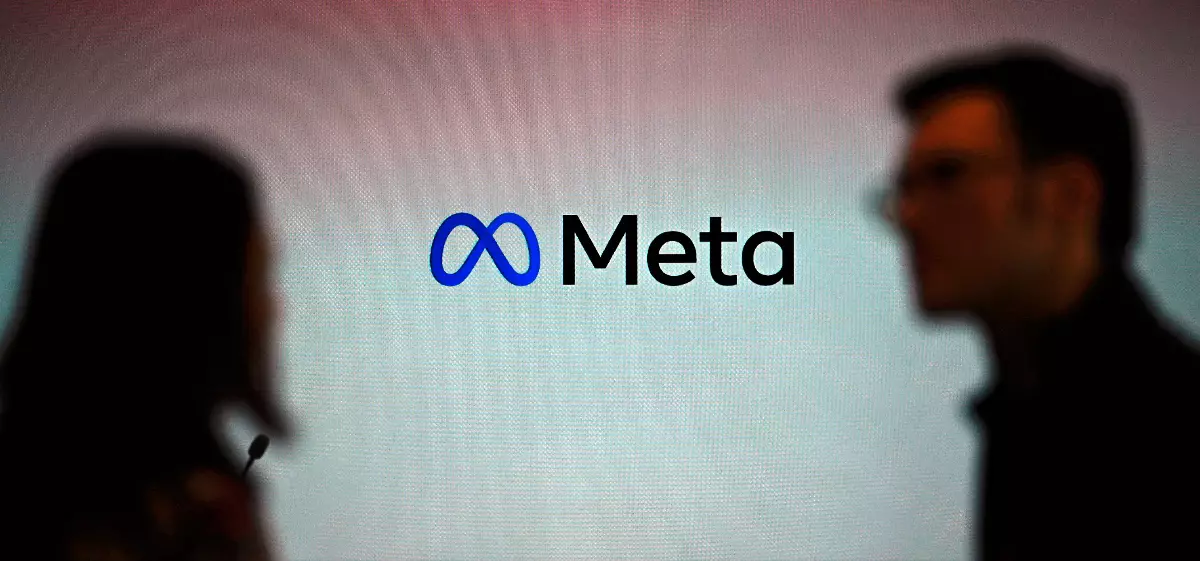In a recent blog post, Meta outlined its plans to adhere to the Digital Markets Act (DMA). The company, formerly known as Facebook, shared its intentions to introduce new features in its messaging apps, Messenger and WhatsApp, to comply with the European law. One of the key requirements of the DMA is to provide users with the option to connect with third-party messaging services and apps. Meta stated that it is currently working on integrating notifications into WhatsApp and Messenger to inform users about these third-party integrations. Additionally, they plan to introduce an onboarding flow in both apps to educate users about third-party chats and enable them to switch them on.
Looking ahead, Meta disclosed its roadmap for rolling out group functionality for third-party chats in 2025 and implementing voice and video calling in 2027, in accordance with the DMA. The company also hinted at bringing “rich messaging” features to third-party chats on WhatsApp and Messenger in the future, including reactions, direct replies, typing indicators, and read receipts. Meta emphasized its commitment to collaborating with third-party messaging services to ensure a safe and optimal user experience. The company stated that users will only see the third-party chat option when the necessary technology is built, tested, and launched by third-party providers.
While Meta’s plans to enhance interoperability in its messaging apps seem promising, there are potential hurdles that could impact the implementation of these features. For instance, it remains unclear whether other major messaging platforms like Viber and Telegram will support Meta’s interoperability efforts. Moreover, enabling end-to-end encryption for WhatsApp to facilitate interoperability could pose technical challenges. Additionally, companies wishing to integrate with Meta’s systems are required to sign an agreement, the details of which have not been disclosed publicly. Despite these challenges, Meta seems determined to fulfill its obligations under the DMA’s messaging-related clauses.
Although Meta is making efforts to comply with the DMA’s messaging regulations, the company has faced criticism for allegedly violating other parts of the legislation. Earlier this year, the European Commission raised concerns about Meta’s “pay or consent” advertising model, which offers European users of Facebook and Instagram the choice between a paid, ad-free experience or a free, ad-supported option. The Commission concluded that this model was not in line with the DMA’s requirements, highlighting the ongoing challenges that Meta faces in navigating regulatory compliance.
Meta’s journey towards complying with the Digital Markets Act is fraught with challenges and uncertainties. While the company is making strides to introduce new features and improve interoperability in its messaging apps, there are technical, regulatory, and competitive obstacles that lie ahead. As Meta continues to navigate the evolving regulatory landscape, it will be crucial for the company to address these challenges effectively and ensure that its messaging platforms remain compliant and user-friendly.

